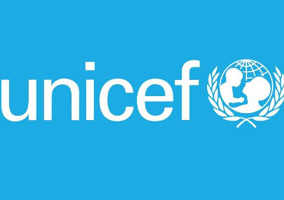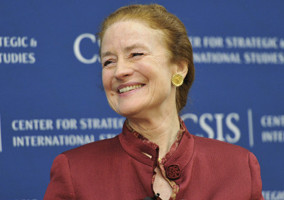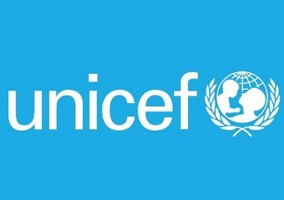Unicef, the international aid body for children, saw a fall in its overall income from £102.8m to £100.2m, after falls in funding from legacies and corporate partnerships.
The charity saw a rise in its single largest source of funds. Income from direct marketing – largely from individual regular givers – which rose from £41.4m to £44.2m. And income from charitable trusts also rose.
But legacy income fell from £9.3m to £5.9m, and income from corporate partnerships fell from £16.7m to £13.8m.
Income from the Department for International Development more than halved, from £5.6m to £2.3m.
Reserves fall
Unicef’s free reserves fell from £6.2m to £3.6m – technically less than two weeks’ spending. However the charity said that the current position is consistent with the amount of money it needs.
“The appropriate level of reserves are set at an amount sufficient to cover unfunded expenditure from unrestricted funds for a period of four months in the event of a significant fall in income,” the charity said in its accounts. “General funds at the balance sheet date amounted to £2.65m, which is consistent with the reserves policy.”
Despite the low level of reserves the charity is unlikely to be facing financial difficulties. Its income is largely unrestricted, much of its spending is discretionary, and its cash reserves are significantly more favourable than its accounting balance.
New strategic direction
Unicef’s accounts lay out a new four-year strategy covering the period to 2021. The strategic plan has four main causes and four objectives it wishes to achieve.
The four cause areas are:
- Protecting children on the move
- Happy, healthy lives
- Ending violence for every child
- Education for every child
The four strategic objectives are:
- To achieve exceptional public engagement
- To build on our great partnerships
- To develop tomorrow’s supporters
- To create a truly digital organisation
|
Related articles













